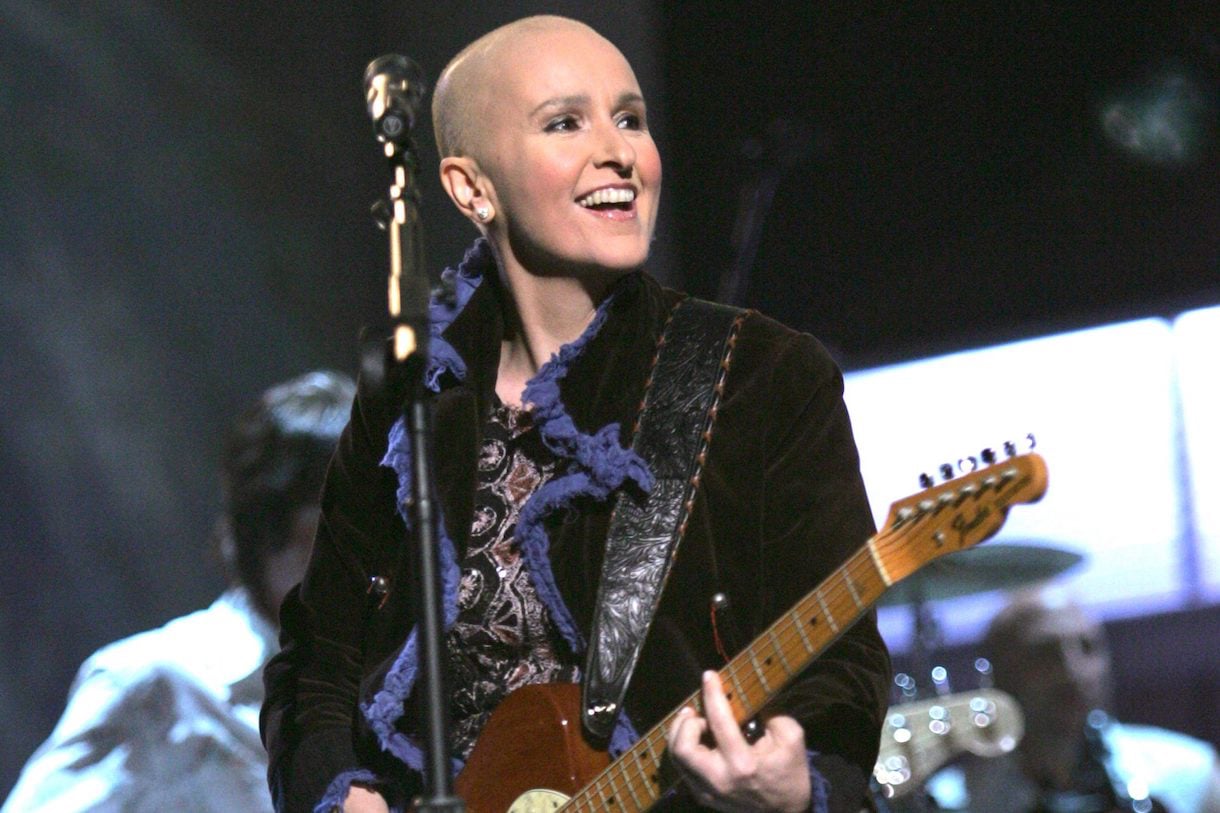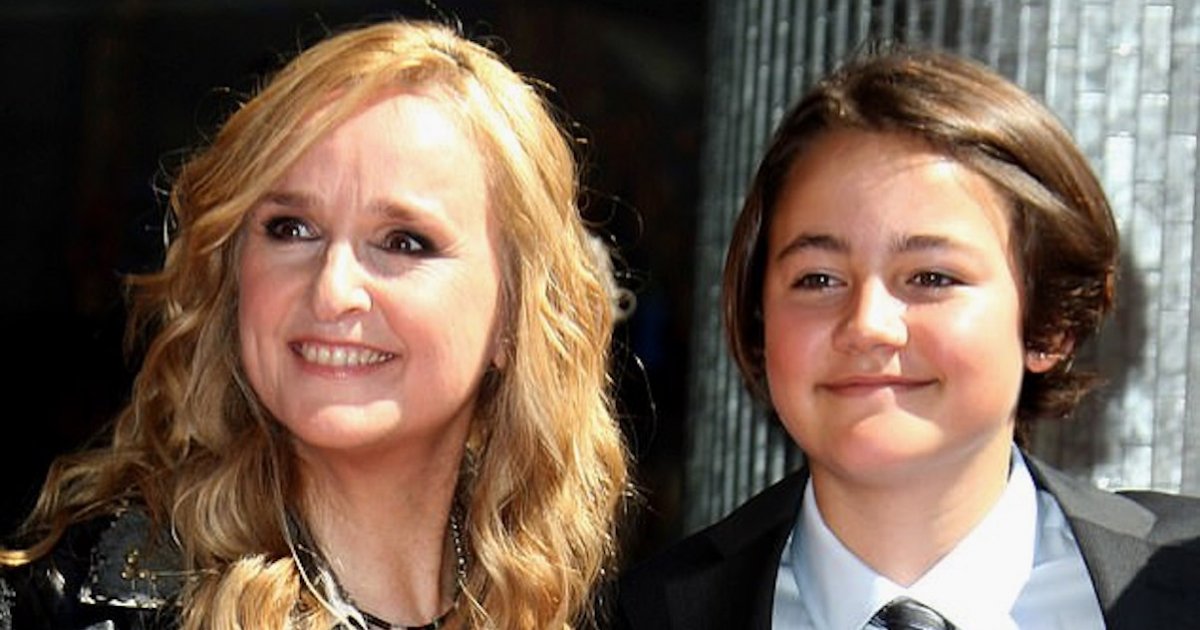Melissa Etheridge, 59, is opening up about her son, Beckett, 21, for the first since his death in May. The Grammy-winning singer spoke about the injury that led to his opioid addiction and death, in an interview with Robin Roberts on GMA.
Read MoreEthridge's partner Julie Cypher gave birth to Beckett in 1998. His biological father was later revealed to be David Crosby, of Crosby, Stills, and Nash.
“You get through the grief and you get to the healing,” she told Roberts. “I wanted to come back to the world and say, ‘Thank you for your thoughts and your prayers.”
What’s Next: Addiction Research & Music
As for what’s next, she says The Etheridge Foundation will work to support research on addiction. “I’m very intense about raising funds for research into what we can do with this disease that takes so many of our young people,” she said.
Etheridge has also launched “Etheridge TV,” which features live concerts and “chat shows” from her makeshift garage studio. “It’s, of course, healing for me,” she said. “Because all over, we are isolated and it’s starting to get hard on us.”

Etheridge’s decision to perform at the 2005 Grammy Awards while still bald from chemotherapy galvanized the cancer community.
Quarantine isolation, she believes, contributed to her son’s death: “He had nowhere to go. He couldn’t get on his skateboard and go to the skateboard park. There are people who are still suffering and I want to give them relief in this crazy world that we are in right now.”
She finds comfort in singing. “There’s something about opening the soul, it’s gotten me through everything,” she said. “So many people throughout my life have said, ‘Your music got me through this’ … And I now am using my music to get me through this.”
After Chemo: A Bold, Bald Performance
Etheridge earned the admiration of the cancer community in 2005 when — still bald from chemotherapy — she took the stage at the Grammy Awards to belt out a defiant tribute to Janis Joplin. The decision to perform had not been an easy one.
"Chemo was tough," she told Cancer Connect. “Physically, it was the worst thing I’ve ever been through.” In addition to nausea, fatigue, bone pain and muscle aches, some days, Etheridge said, all she could manage was to lie still in darkness.
RELATED: If You're Looking For Ways To Deal With Hair Loss During Cancer, You're Not Alone
But with the Grammy invitation, the singer saw an opportunity to get back on stage and say, “'Yes, I went through this, but here I am; I'm still here."
Dr. Sarah Cate, a breast surgeon at Mount Sinai Health System guides breast cancer patients through the lumpectomy vs. mastectomy decision.
“My surgeon said ‘you’ll lose your hair, so get a wig.’ But I’ve never been the type to not be who I am, to not be truthful. I’ve always been upfront,” Etheridge told Shape at the time. “So I said, why should I hide my truth? I had cancer. I had chemotherapy. I lost my hair. There’s no shame in that.”
Melissa Etheridge’s Cancer Journey
Etheridge was on tour in the summer of 2004 when she discovered a lump in her left breast. (Her son, Beckett, was just six at the time.) She’d had a recent physical and breast exam, so the lump surprised her. A biopsy confirmed breast cancer. She underwent a lumpectomy to remove the 4-centimeter tumor.
A sentinel node biopsy revealed the cancer had spread to the lymph nodes and her surgeon removed 14 of them. Surgery was followed by dose-dense chemotherapy, which involves giving the cycles of certain chemo drugs closer together. Etheridge also says she underwent radiation therapy.
The Life-Changing Power of Cancer
For Etheridge, like many in the SurviorNet community, cancer changed her worldview — for the better. For one, she took a step back and looked at her career: "I said, 'Wait a minute. There's no way I can constantly compare myself to the next 18-year-old ingénue coming up — there’s no way,” she told Shape.
RELATED: Higher Fiber Intake Linked to an 8% Lower Risk of Breast Cancer, New Research Shows
“I need to just make the music that I love and do it because I love it and because it makes me happy.' That's the path I've been taking ever sinceand it's been really amazing."
Courage in the face of uncertainty is an important part of cancer recovery, Dr. William Breitbart of Memorial Sloan Kettering Cancer Center told SurvivorNet.
She encourages cancer survivors to make their own health a priority: "Find a space to listen to your own voice and to learn to be still," you will realize the power you have to make your own decisions,” she told Cancer Connect.
"You are now a woman with cancertake that power and use it,” Etheridge said. “Say no to things that you want to say no — and say yes to things that you want to say yes to. Prioritize yourself. You are the most important thing. You are no good to anyone else unless you are happy and well."
Learn more about SurvivorNet's rigorous medical review process.


